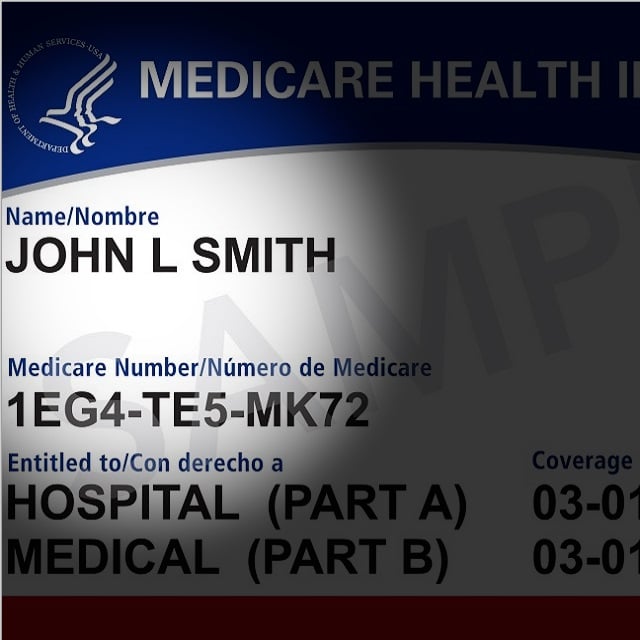
10 Top Medicare Bills Introduced in 2021
Democrats began the year looking as if they had big ambitions for health care system change but would probably have to settle for nibbling around the edges. They had Joe Biden heading into the White House, but just 51 of the 101 votes in the Senate and just 222 of the 435 votes in the House. So far, Democrats have pushed major, temporary health insurance changes through in COVID-19 relief packages, but otherwise, they have mostly nibbled around the edges. The effects of congressional gridlock are apparent in this year's list of the top Medicare bills. Two of the bills have passed, and others look as if they still could pass. But all of the bills on this list are relatively narrow in scope.
Bernie Sanders and Donald Trump
Lawmakers have introduced 600 bills that mention Medicare this year. Fewer than 20 would have a direct effect on the Medicare program, or on matters of obvious interest to Medicare enrollees, and have received at least some attention from congressional committees. The bills deal with topics such as Medicare hospital cost-of-living reimbursement adjustment rules, vaccine coverage, and efforts to nudge Medicaid toward improving social services programs that can improve people's health. Sen. Bernie Sanders, an Independent from Vermont who caucuses with the Democrats, wants to replace commercial health insurance and dental insurance with one government-run "Medicare for All" health finance system. This year, the highest-profile Medicare bill Sanders has introduced would accomplish something that former President Donald Trump sometimes talked about: letting Medicare prescription drug plan managers negotiate for lower drug prices with drug manufacturers. We came up with a list of the top 10 2021 Medicare bills by ranking the bills according to progress toward becoming law and our subjective assessment of the bills' likely impact.
The Reconciliation Bus
One wild card is the Democrats' big "Build Back Better" social spending package. Ordinary bills need at least 60 votes in the Senate to reach the Senate floor. The Build Back Better package will be handled through a special budget bill reconciliation process. Use of the reconciliation process means the package will need just 51 votes to reach the Senate floor. Because budget bills that use the reconciliation process need just 51 votes to pass, they often act as train engines, or buses, that pull a huge number of bills through Congress. One of the most famous insurance-related riders of the reconciliation bus is the COBRA employee benefits continuation law, which was originally part of the Consolidated Omnibus Budget Reconciliation Act of 1985. This year, or early next year, the Build Back Better package could pull many Medicare bills that now appear to be in limbo toward enactment. Because the nature of the Senate version of the "Build Back Better" package is unclear, we have left this factor out of our Medicare bill rating process. (Photo: Adobe Stock)
© 2024 ALM Global, LLC, All Rights Reserved. Request academic re-use from www.copyright.com. All other uses, submit a request to [email protected]. For more information visit Asset & Logo Licensing.
Featured Resources
View All
Sponsored by Allianz Life Insurance Company of North America and Allianz Life Financial Services LLC
Can Systematic Risk Be Reduced?








